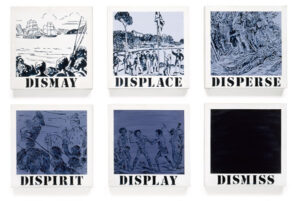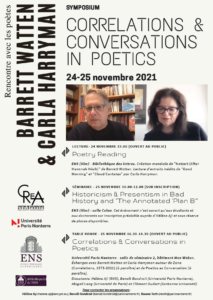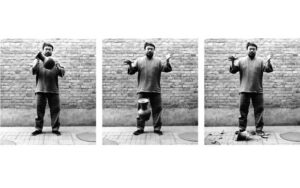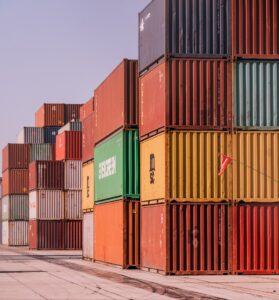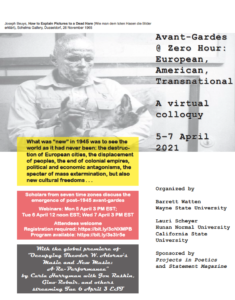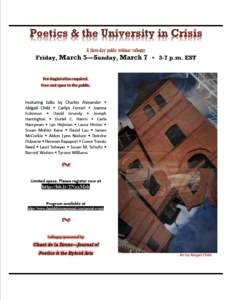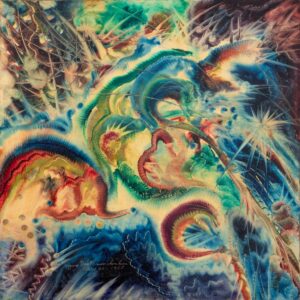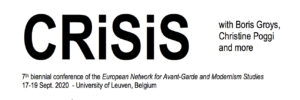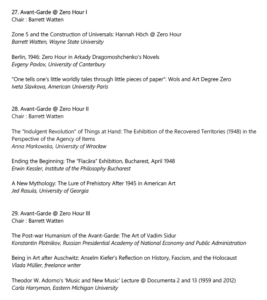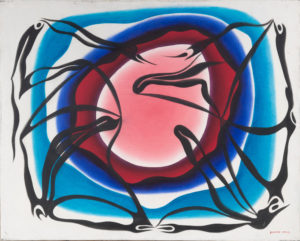CFP FOR PROPOSED SESSION(S)
“Global Parataxis and the Avant-Garde:
Rethinking Histories on a Planetary Scale”
“Globalizing the Avant-Garde”
European Network for Avant-Garde and Modernist Studies (EAM)
Instituto de História da Arte, IHA/FCSH–Universidade NOVA de Lisboa
Lisbon, Portugal, 1–3 September 2022
The conference proposal for EAM’s eighth biannual conference, reconvening in Lisbon after a two-year hiatus in 2020, clearly calls for a critical reassessment of the Eurocentric history of the avant-garde, given the multiple writers, artists, styles, and movements that bear similarities and links to the historical avant-gardes as they develop culturally but also regionally specific projects that challenge the given accounts of what is “avant-garde.” Otherwise put, if global avant-gardes overall conduct a “systemic detotalization” of the global system through radical formal means, what does that mean if the “global” is open, not yet determined, always in process, even violently contested across multiple regions. An open horizon of the avant-garde may indeed be the project of global exhibitions such as Documenta, the Venice and São Paolo Biennales, and others, often involving conceptual, site-specific, performative strategies but also new forms of positive representation. The recent handbook Global Art by Jessica Lack (2020) summarizes a compelling range of multiple movements and styles, from anti-Imperialist and revolutionary movements to movements founded at moments of independence, as acts of resistance, as interrogations of identity and collectivity, and as overtly political artistic practices. In literature, the shift of comparative literature away from Eurocentric literariness and toward a more complex account of multiple languages, diasporic histories, and possibilities of translation create opportunities for rethinking the avant-garde as always addressing cultural displacement as much as metropolitan location; here the convulsive growth of global cities comes into view in work from East Asia, South Asia, the Middle East, and Africa in particular. This Call for Papers seeks to establish a multiple, decentered, global or planetary frame for the avant-garde(s), in the present, recent past, or longer history. Presentations on specific writers, artists, styles, or movements as sites of inquiry; or rethinking of what terms such as “global,” “planetary,” or “world” mean for the avant-garde in an era of pandemics and climate change, as well as political antagonism and the aporias of global capitalism will be most welcome. At the intersection of radical particularity and detotalized globality may arise new approaches that augment and depart from the historical avant-gardes.
The conference proposal deadline is Saturday, January 15. Please submit an abstract and bio for consideration by Friday, January 14 to Barrett Watten, barrett.watten@gmail.com.
Links and Notes
For PDF flyer, click here; for EAM conference site, click here.
Image: Gordon Bennett, untitled, 1989; from Global Conceptualism: Points of Origin, 1950s–1980s, Queens Museum, 1999.
